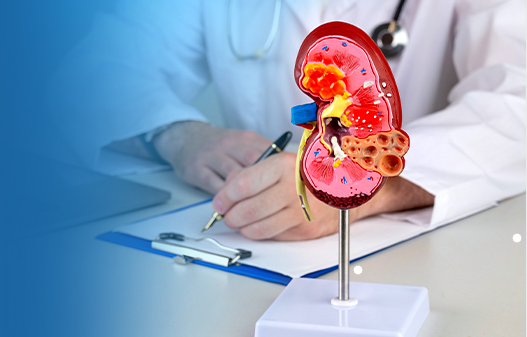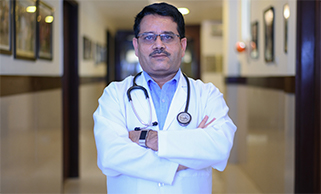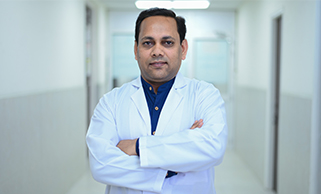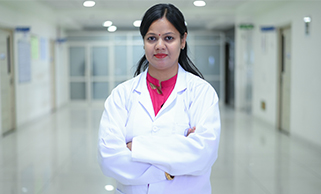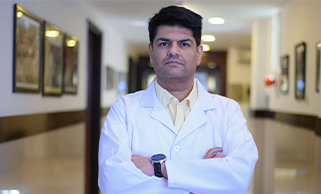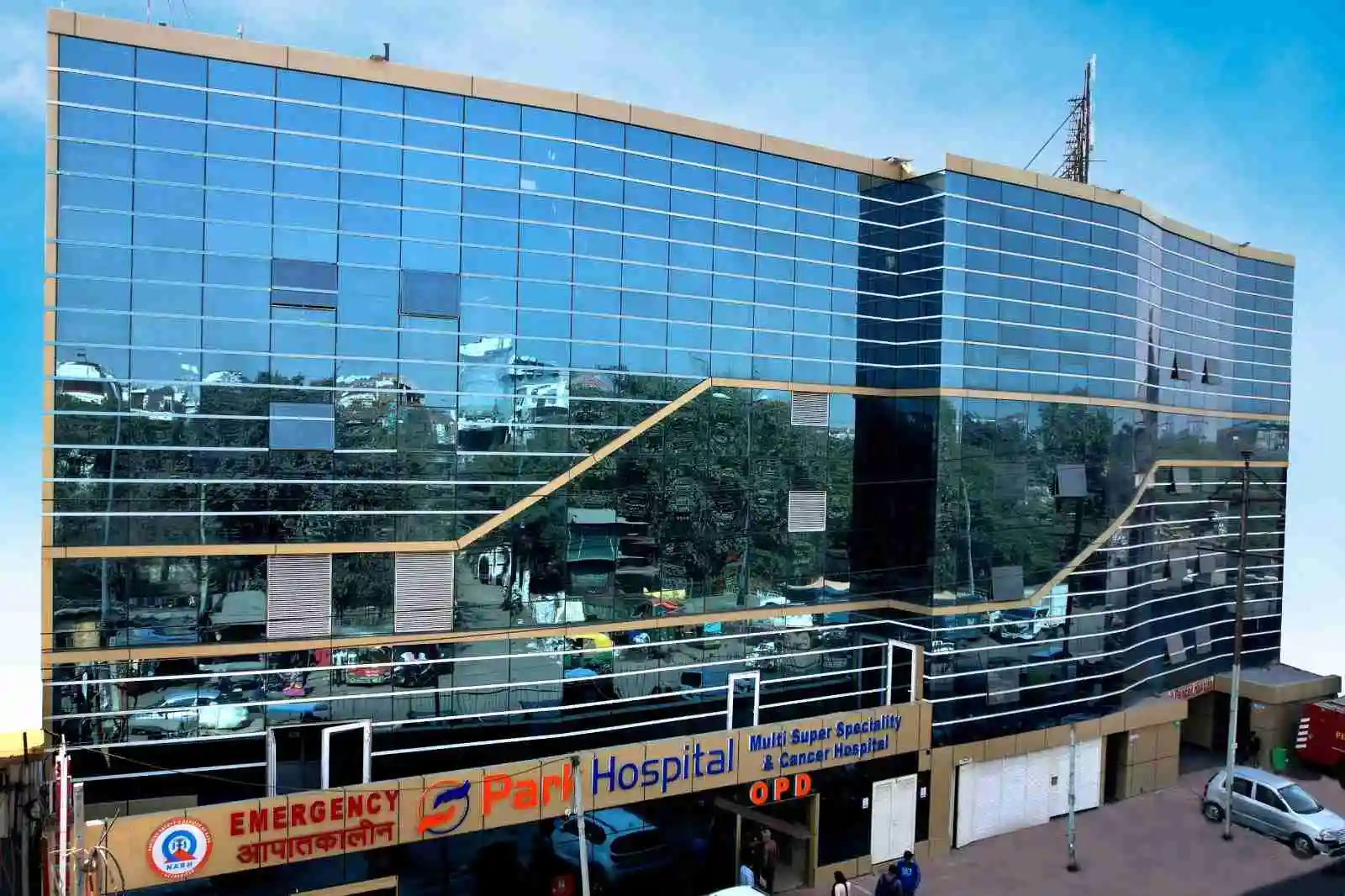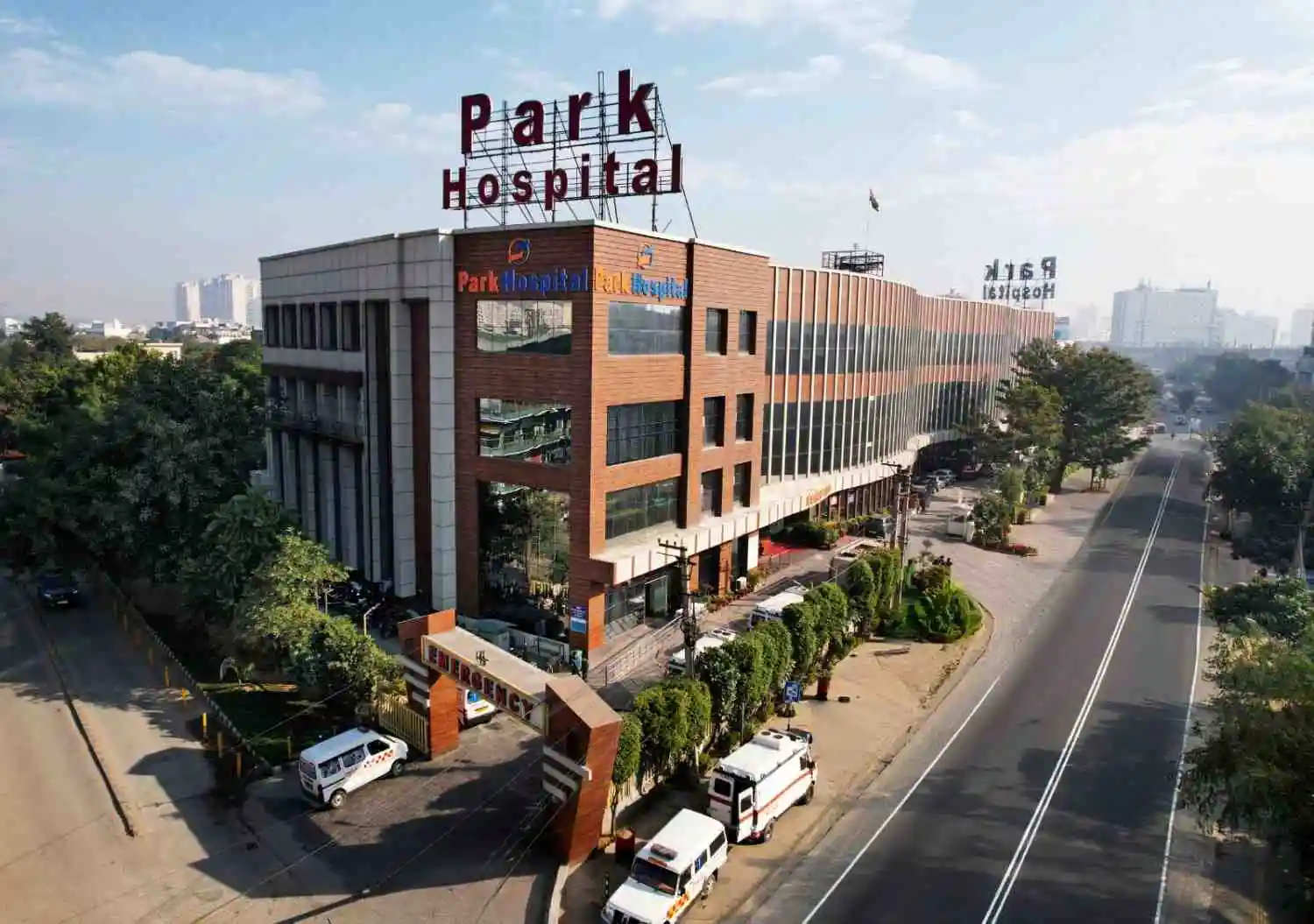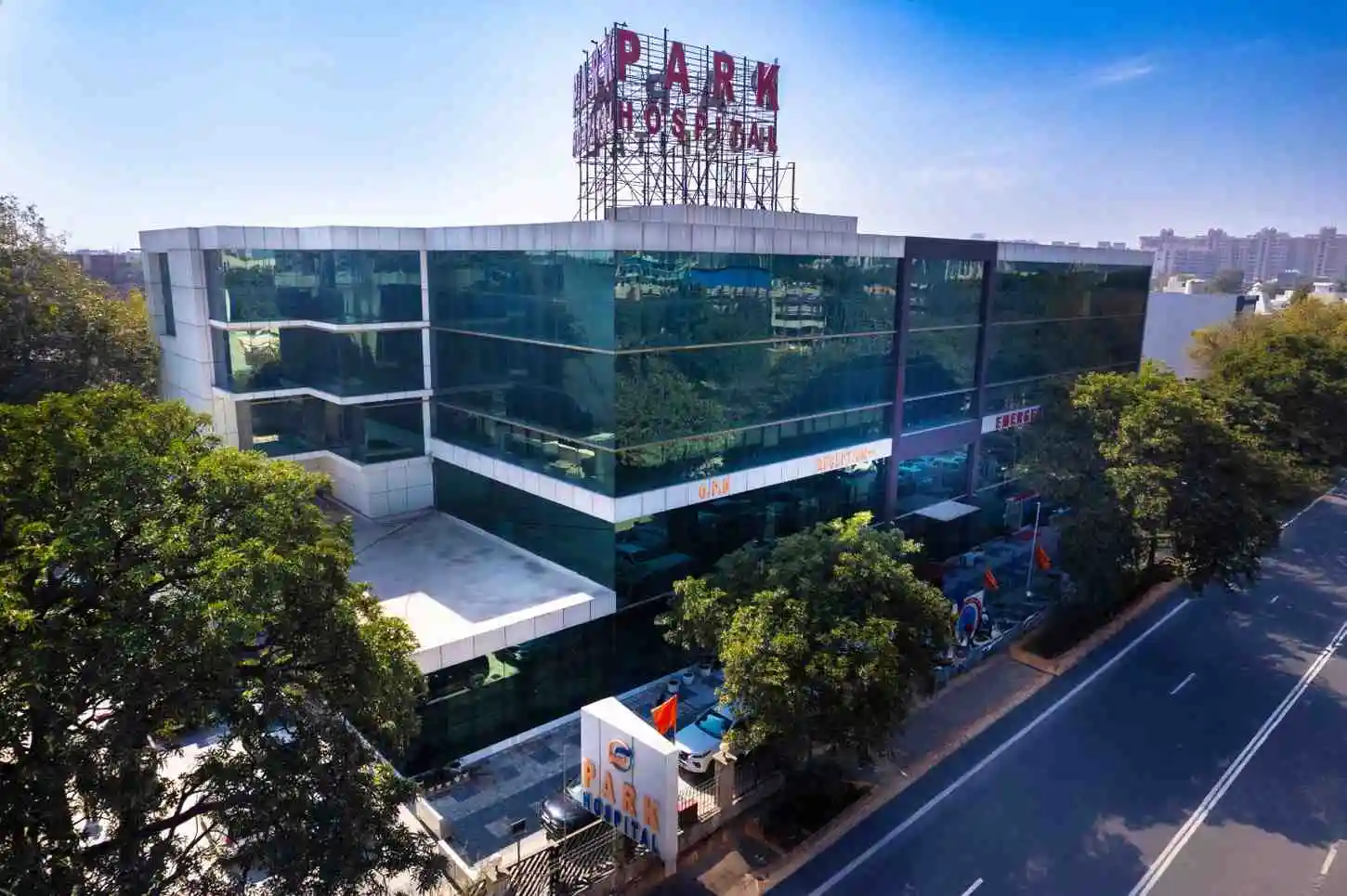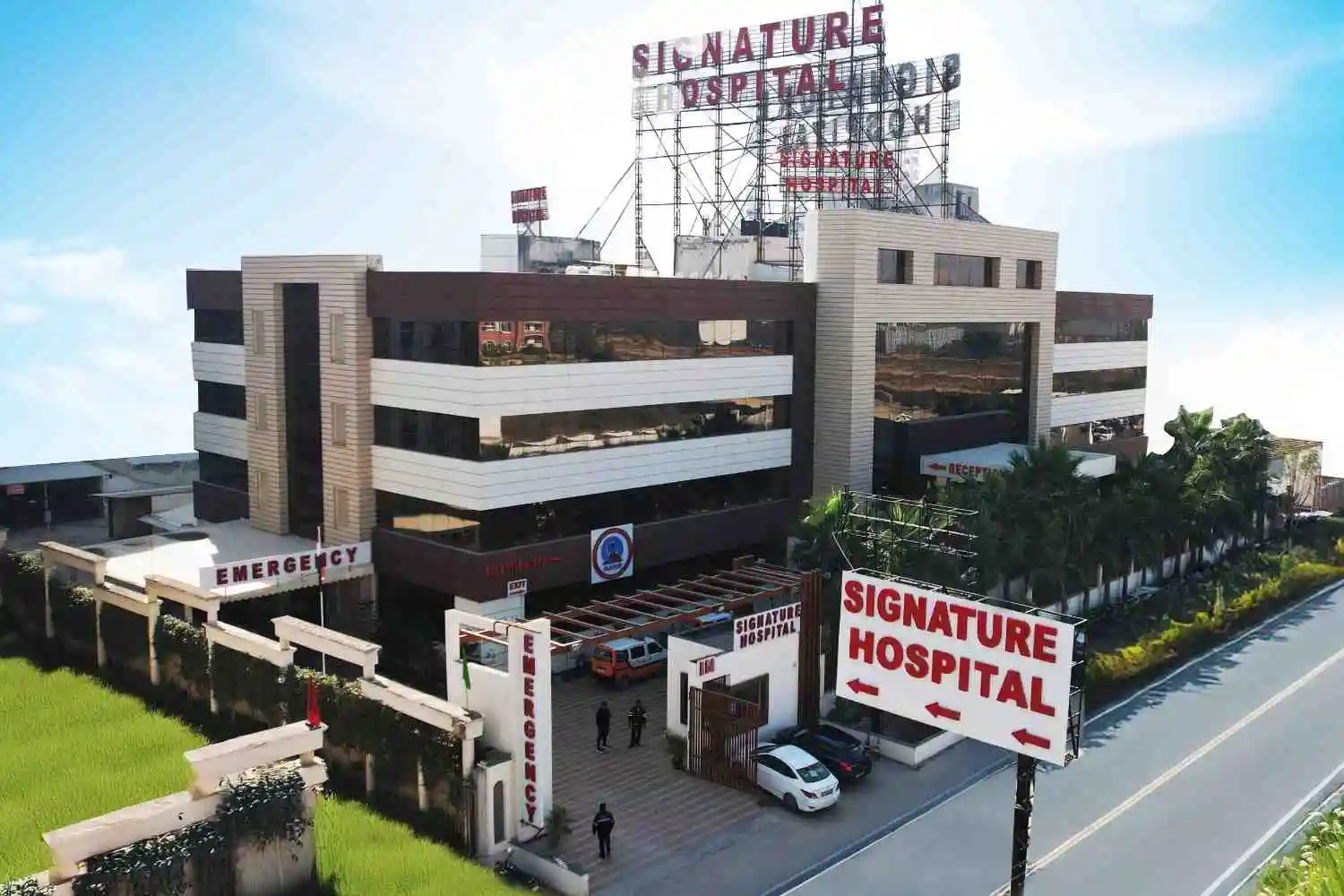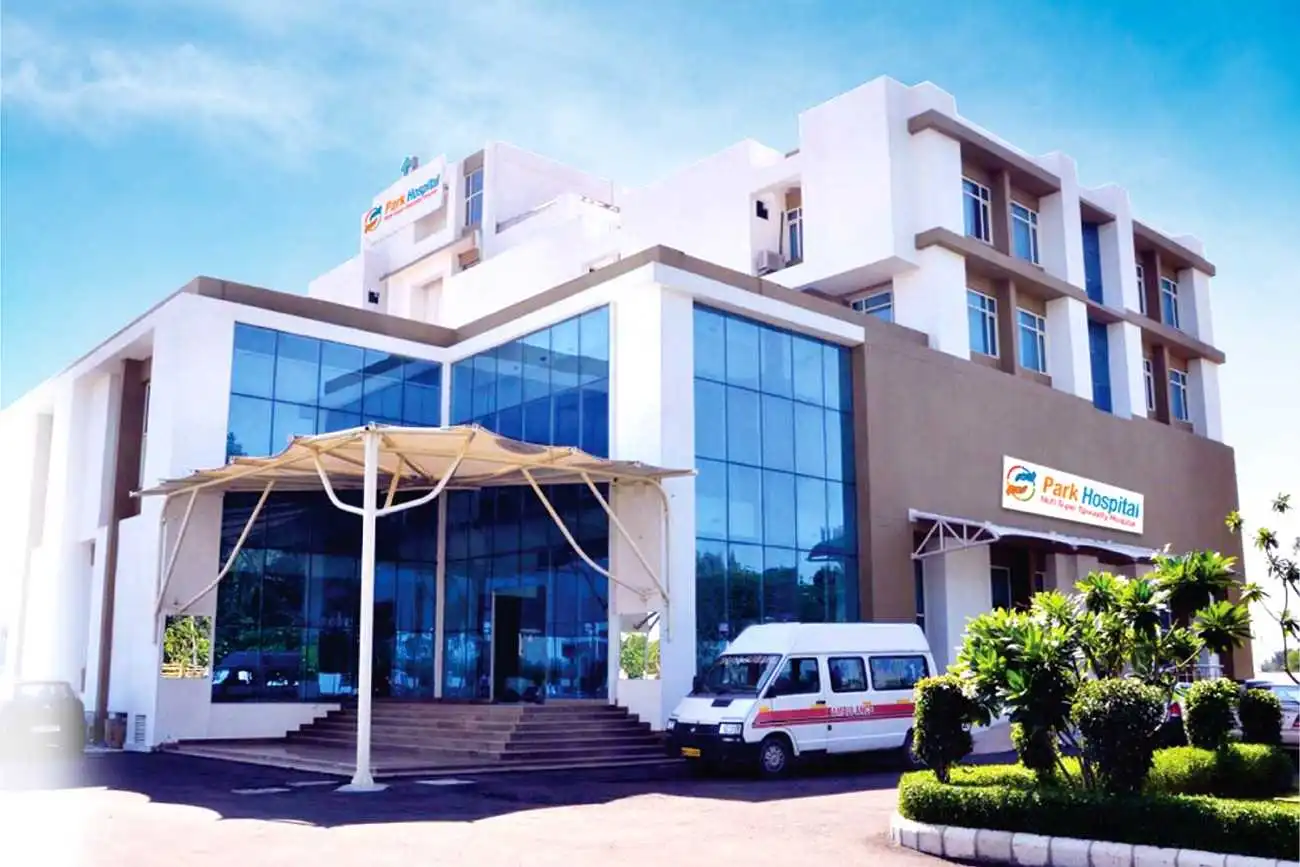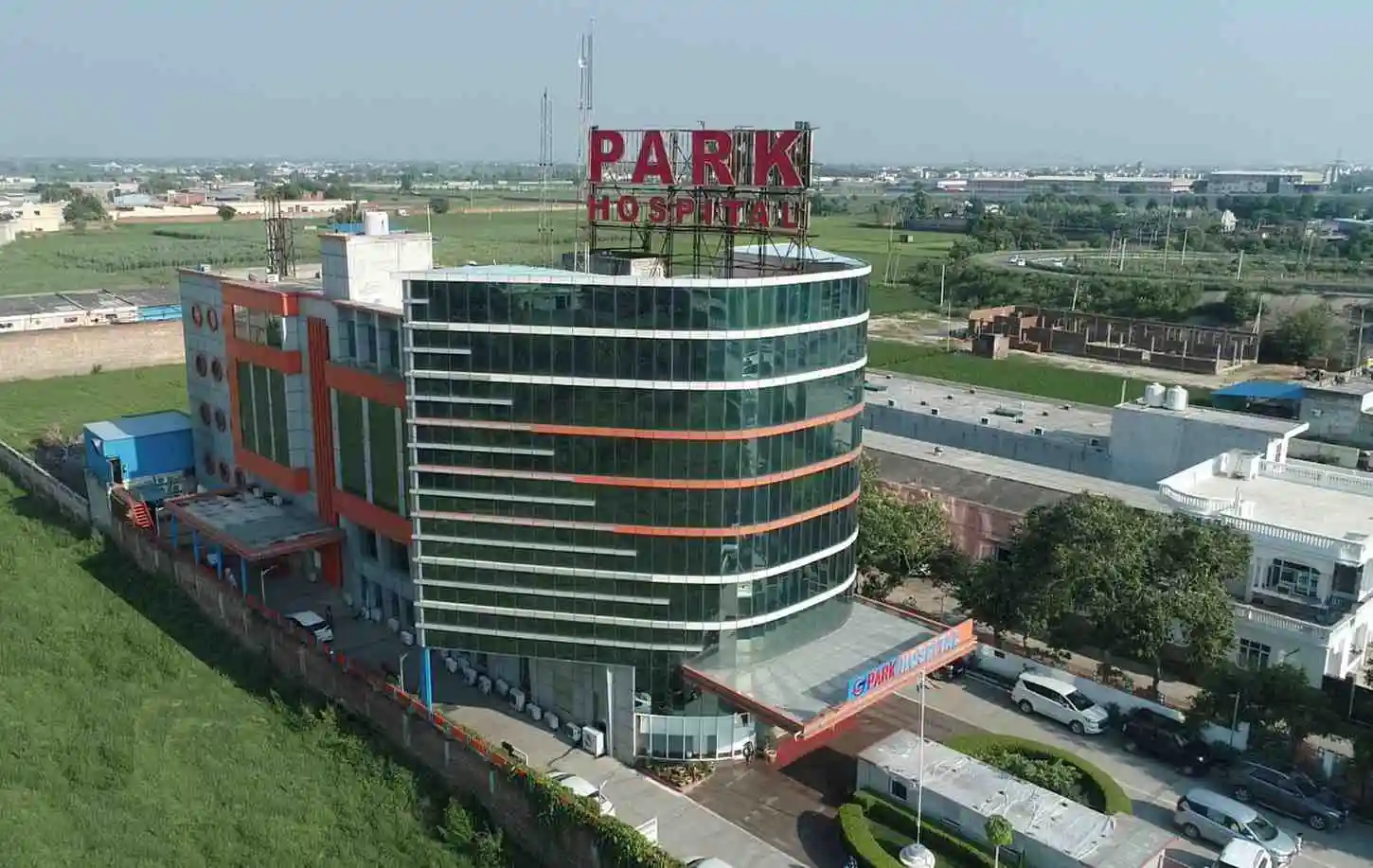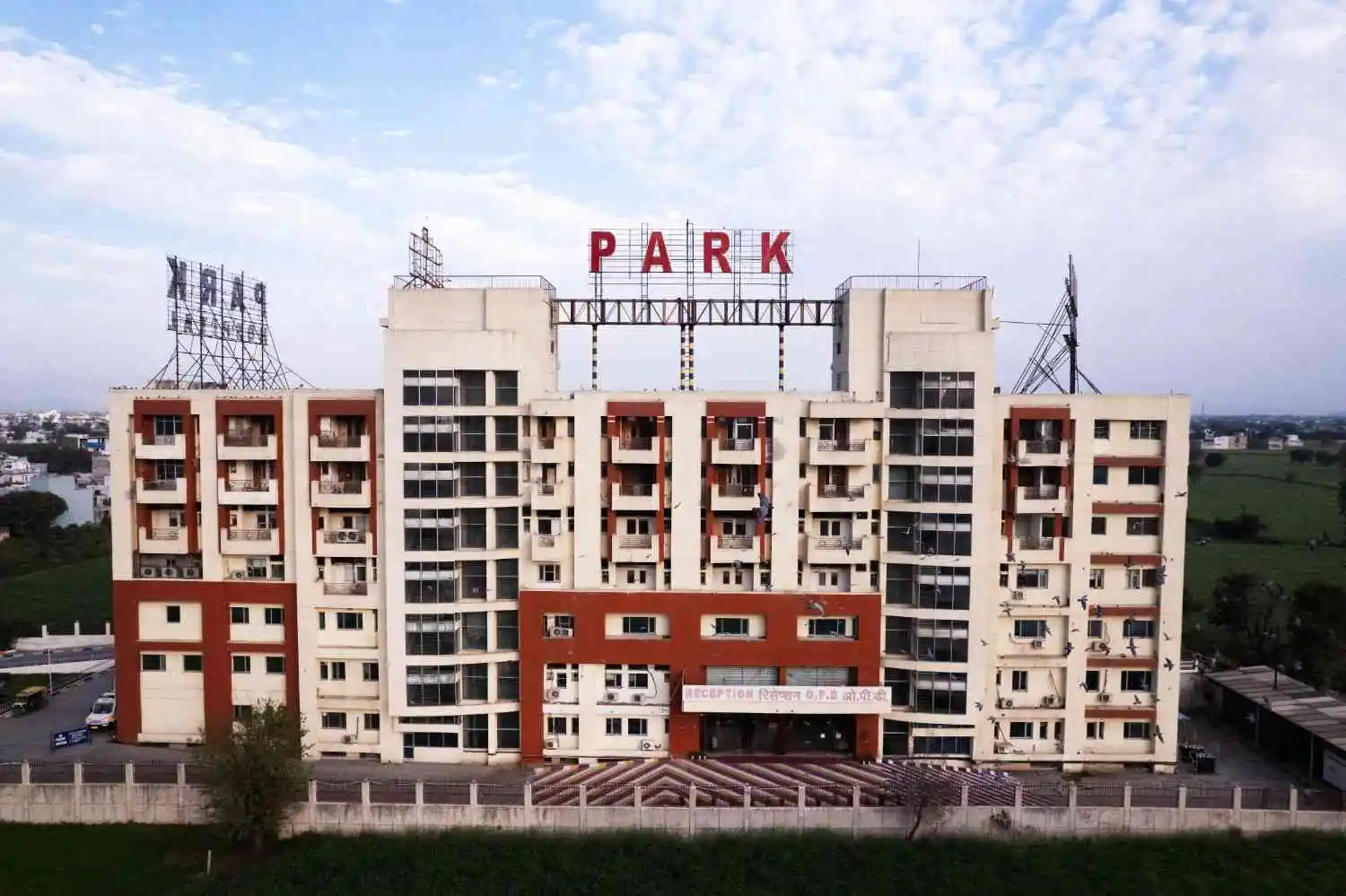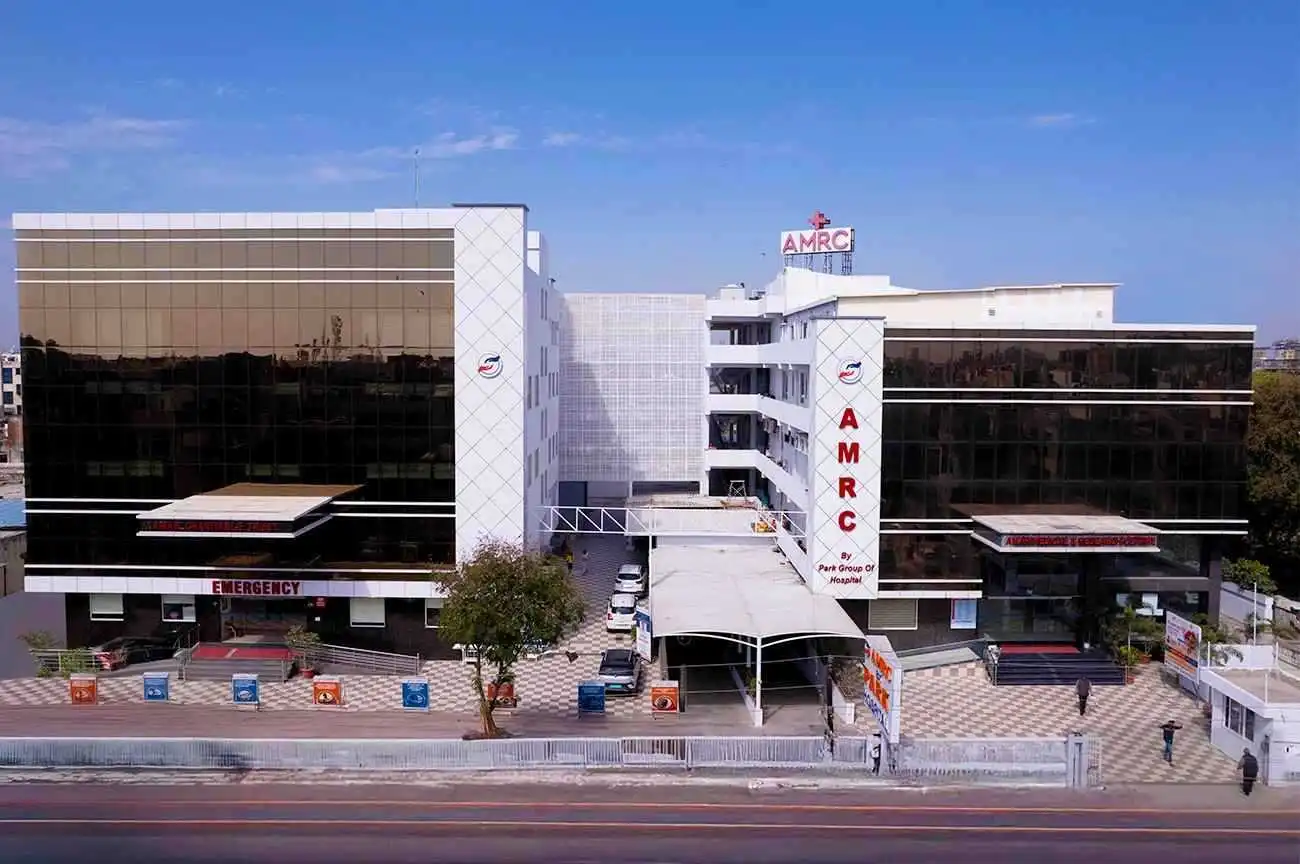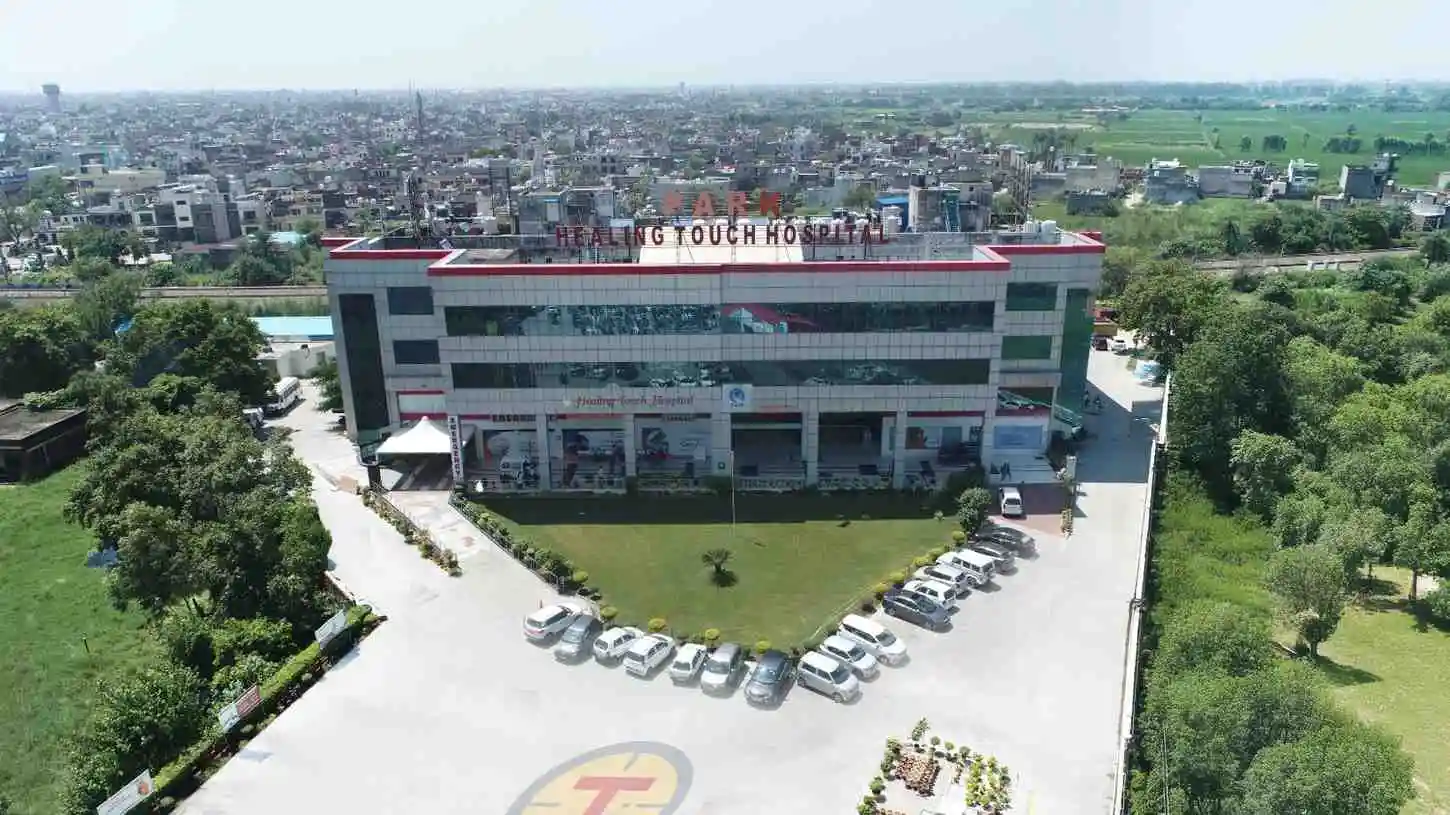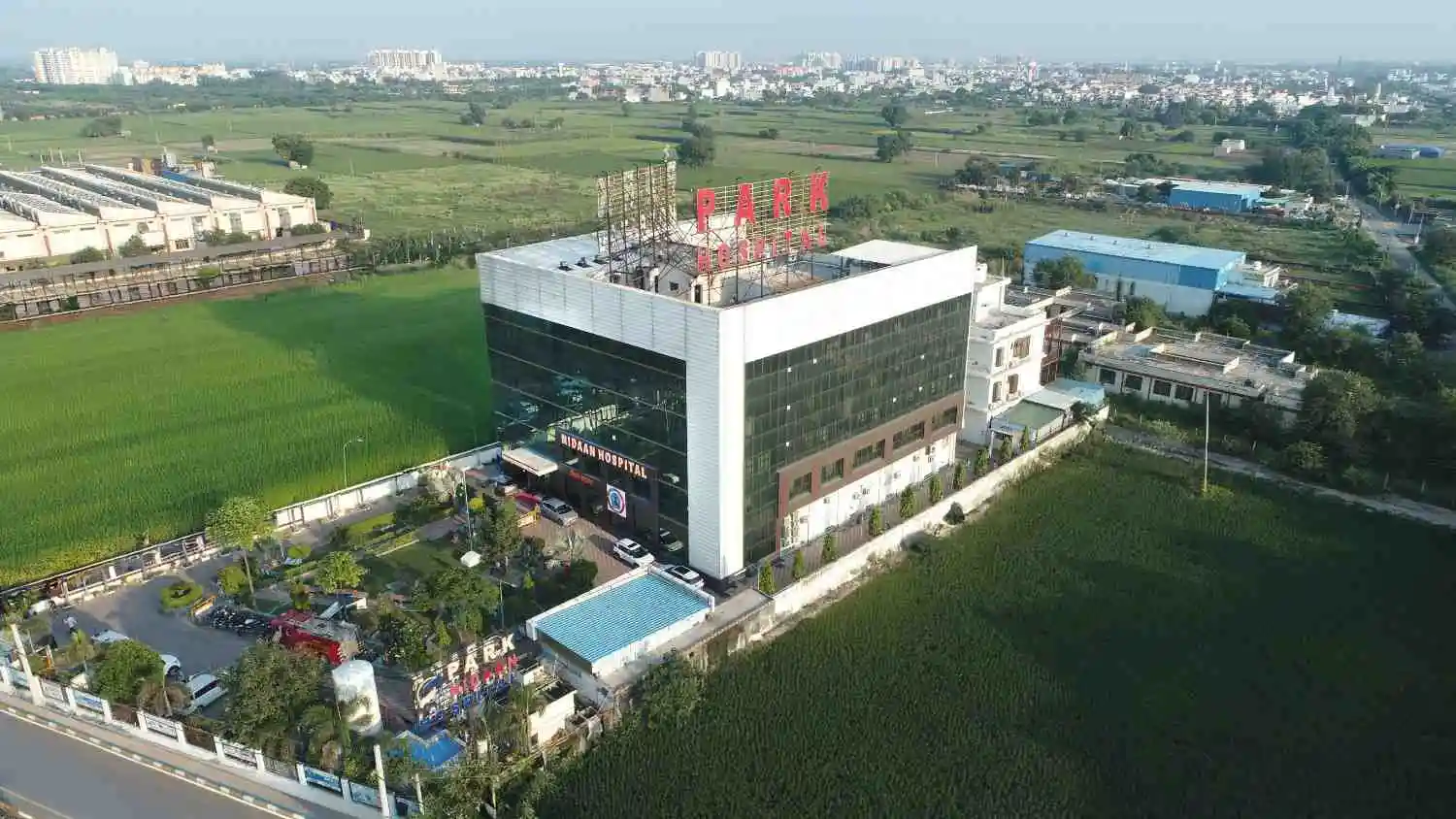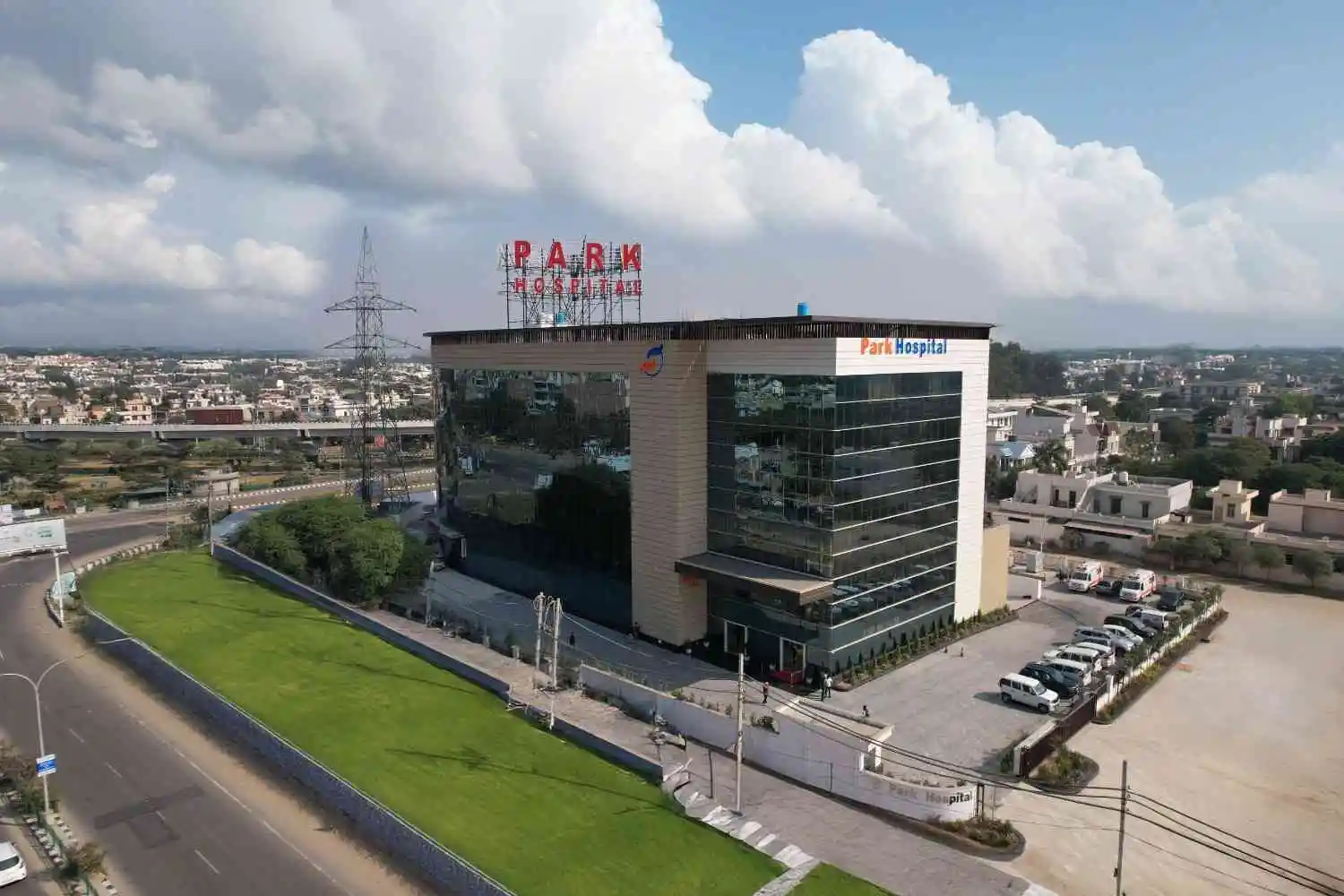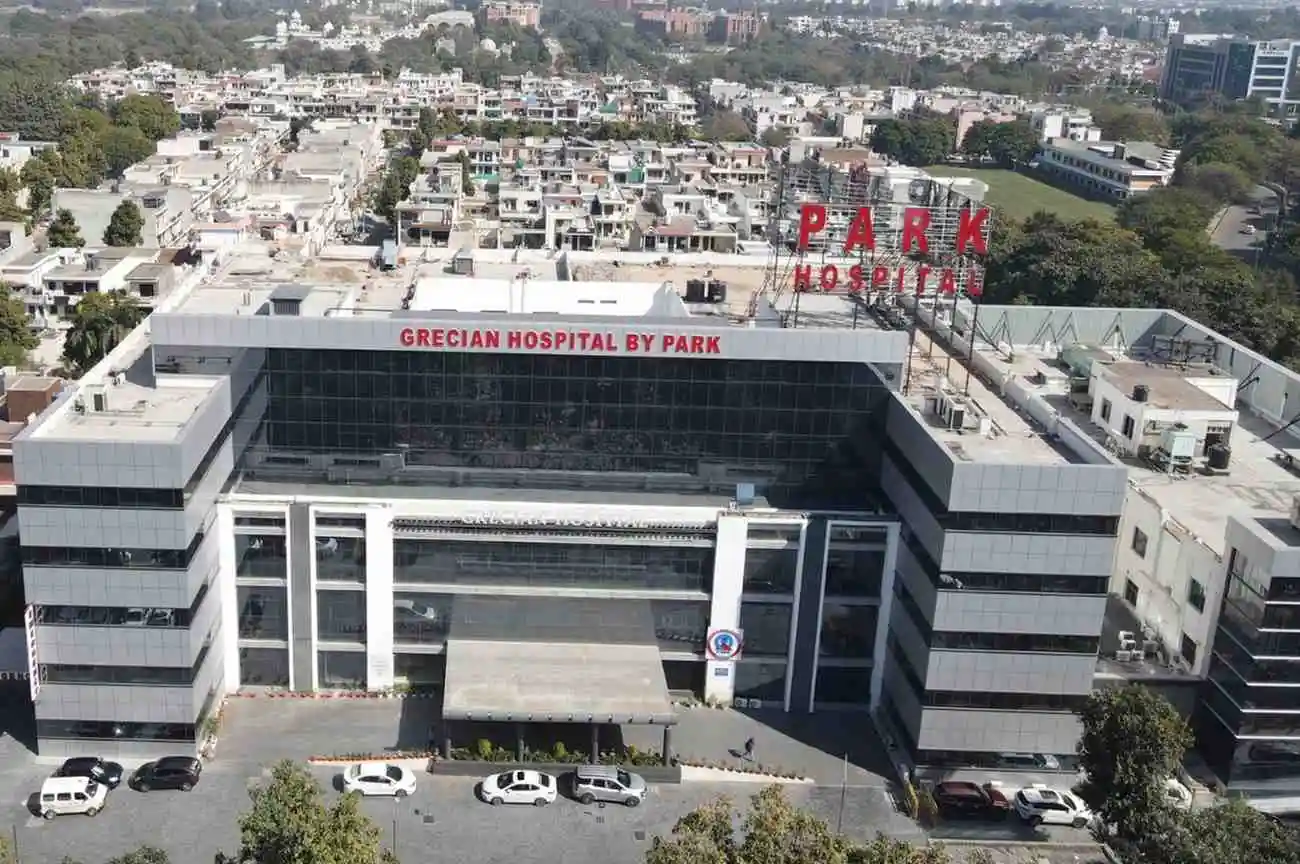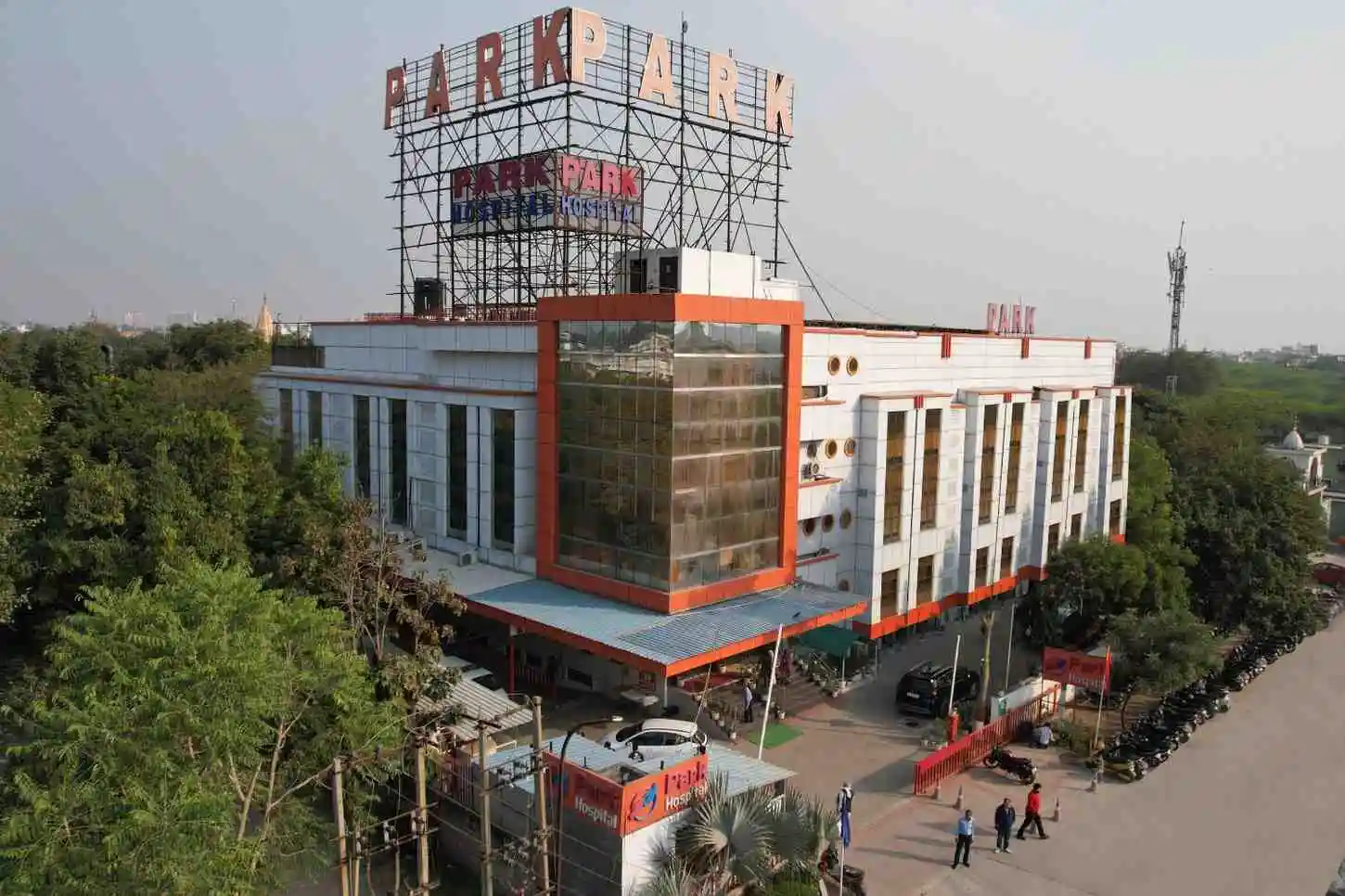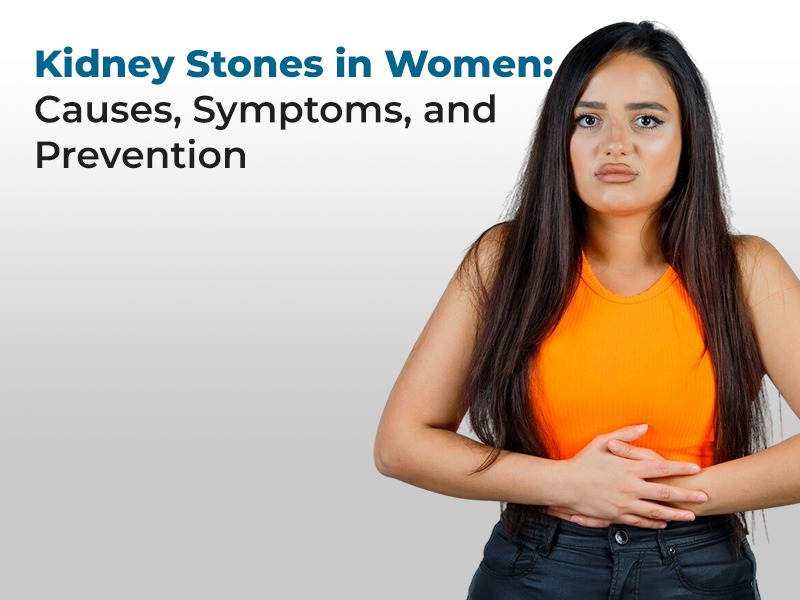Understanding Kidney Stones
Kidney stones are hard deposits of minerals and salts that form inside the kidneys. These stones can vary in size, from tiny grains to large formations that may obstruct the urinary tract. The condition, known as nephrolithiasis, can cause severe pain, discomfort, and potential complications if not treated effectively.
Common Causes of Kidney Stones
Several factors contribute to the development of kidney stones, including:
- Dehydration – Insufficient water intake can lead to concentrated urine, increasing the risk of stone formation.
- High Oxalate Diet – Foods rich in oxalates, such as spinach, nuts, and chocolate, can contribute to stone development.
- Excess Calcium or Uric Acid – High levels of these minerals in the urine may lead to stone formation.
- Genetic Predisposition – A family history of kidney stones increases the likelihood of developing them.
- Medical Conditions – Conditions such as hyperparathyroidism, obesity, and digestive disorders can increase the risk.
Symptoms of Kidney Stones
Symptoms depend on the size and location of the stone but commonly include:
- Severe, sharp pain in the lower back or side
- Painful urination
- Blood in urine (hematuria)
- Nausea and vomiting
- Frequent urge to urinate
- Cloudy or foul-smelling urine
If a kidney stone gets stuck in the urinary tract, it can cause significant discomfort and may require medical intervention.
Treatment Options at Park Hospital
Park Hospital in Gurgaon is a leading center for kidney stone treatment, offering state-of-the-art diagnostic and therapeutic solutions. The hospital provides a range of minimally invasive and advanced treatment techniques to ensure effective relief and prevent recurrence.
1. Shock Wave Lithotripsy (SWL)
A non-invasive procedure that uses sound waves to break kidney stones into smaller pieces, allowing them to pass naturally through urine.
2. Ureteroscopy with Laser Lithotripsy
A minimally invasive procedure where a thin scope is inserted into the urinary tract to locate and fragment stones using laser energy. This is ideal for medium-sized stones that are difficult to pass naturally.
3. Percutaneous Nephrolithotomy (PCNL)
Used for large or complex stones, this procedure involves making a small incision in the back to remove kidney stones directly. It is highly effective and ensures a quicker recovery time.
4. Medication & Preventive Care
In cases where stones are small, medications and increased hydration can help pass them naturally. Park Hospital also provides personalized dietary and lifestyle counseling to prevent future stone formation.
Why Choose Park Hospital for Kidney Stone Treatment?
- Advanced, minimally invasive techniques for quicker recovery
- Experienced team of urologists and specialists
- Personalized treatment plans tailored to each patient
- State-of-the-art diagnostic and surgical facilities
- Comprehensive post-treatment care and prevention strategies
Kidney stones are hard mineral and salt deposits that form in the kidneys, and they can range in size from tiny particles to large stones. When these stones block the urinary tract, they can cause intense pain, blood in the urine, nausea, and frequent urination. Depending on their size and location, kidney stones may pass naturally or require medical treatment to avoid complications. In some cases, small stones can be managed with increased fluid intake, while larger stones might require more advanced interventions.
Park Hospital in Gurgaon is well-known for its expertise in treating kidney stones using advanced techniques. The hospital offers a variety of treatment options, including shock wave lithotripsy to break stones into smaller, manageable pieces and minimally invasive surgeries for larger stones. With a team of experienced urologists, Park Hospital ensures personalized treatment plans for each patient, focusing on effective relief and long-term prevention of kidney stones.
Book an Appointment Today!
If you or a loved one is suffering from kidney stones, don’t wait for the pain to worsen. Visit Park Hospital, for expert consultation and cutting-edge treatment. Our team is dedicated to providing the best possible care to ensure a pain-free and healthy future.
cutting-edge treatment. Our team is dedicated to providing the best possible care to ensure a pain-free and healthy future.
Understanding Kidney Stones Kidney stones are hard deposits of minerals and salts that form inside the kidneys. These stones can vary in size, from tiny grains to large formations that may obstruct the urinary tract. The condition, known as nephrolithiasis, can cause severe pain, discomfort, and potential complications if not treated effectively.Common Causes of Kidney Stones Several factors contribute to the development of kidney stones, including: Dehydration – Insufficient water intake can lead to concentrated urine, increasing the risk of stone formation. High Oxalate Diet – Foods rich in oxalates, such as spinach, nuts, and chocolate, can contribute to stone development. Excess Calcium or Uric Acid – High levels of these minerals in the urine may lead to stone formation. Genetic Predisposition – A family history of kidney stones increases the likelihood of developing them. Medical Conditions – Conditions such as hyperparathyroidism, obesity, and digestive disorders can increase the risk. Symptoms of Kidney Stones Symptoms depend on the size and location of the stone but commonly include: Severe, sharp pain in the lower back or side Painful urination Blood in urine (hematuria) Nausea and vomiting Frequent urge to urinate Cloudy or foul-smelling urine If a kidney stone gets stuck in
Understanding Kidney Stones Kidney stones are hard deposits of minerals and salts that form inside the kidneys. These stones can vary in size, from tiny grains to large formations that may obstruct the urinary tract. The condition, known as nephrolithiasis, can cause severe pain, discomfort, and potential complications if not treated effectively.Common Causes of Kidney Stones Several factors contribute to the development of kidney stones, including: Dehydration – Insufficient water intake can lead to concentrated urine, increasing the risk of stone formation. High Oxalate Diet – Foods rich in oxalates, such as spinach, nuts, and chocolate, can contribute to stone development. Excess Calcium or Uric Acid – High levels of these minerals in the urine may lead to stone formation. Genetic Predisposition – A family history of kidney stones increases the likelihood of developing them. Medical Conditions – Conditions such as hyperparathyroidism, obesity, and digestive disorders can increase the risk. Symptoms of Kidney Stones Symptoms depend on the size and location of the stone but commonly include: Severe, sharp pain in the lower back or side Painful urination Blood in urine (hematuria) Nausea and vomiting Frequent urge to urinate Cloudy or foul-smelling urine If a kidney stone gets stuck in the urinary tract, it can cause significant discomfort and may require medical intervention.Treatment Options at Park Hospital Park Hospital in Gurgaon is a leading center for kidney stone treatment, offering state-of-the-art diagnostic and therapeutic solutions. The hospital provides a range of minimally invasive and advanced treatment techniques to ensure effective relief and prevent recurrence.1. Shock Wave Lithotripsy (SWL) A non-invasive procedure that uses sound waves to break kidney stones into smaller pieces, allowing them to pass naturally through urine.2. Ureteroscopy with Laser Lithotripsy A minimally invasive procedure where a thin scope is inserted into the urinary tract to locate and fragment stones using laser energy. This is ideal for medium-sized stones that are difficult to pass naturally.3. Percutaneous Nephrolithotomy (PCNL) Used for large or complex stones, this procedure involves making a small incision in the back to remove kidney stones directly. It is highly effective and ensures a quicker recovery time.4. Medication & Preventive Care In cases where stones are small, medications and increased hydration can help pass them naturally. Park Hospital also provides personalized dietary and lifestyle counseling to prevent future stone formation.Why Choose Park Hospital for Kidney Stone Treatment? Advanced, minimally invasive techniques for quicker recovery Experienced team of urologists and specialists Personalized treatment plans tailored to each patient State-of-the-art diagnostic and surgical facilities Comprehensive post-treatment care and prevention strategies Kidney stones are hard mineral and salt deposits that form in the kidneys, and they can range in size from tiny particles to large stones. When these stones block the urinary tract, they can cause intense pain, blood in the urine, nausea, and frequent urination. Depending on their size and location, kidney stones may pass naturally or require medical treatment to avoid complications. In some cases, small stones can be managed with increased fluid intake, while larger stones might require more advanced interventions. Park Hospital in Gurgaon is well-known for its expertise in treating kidney stones using advanced techniques. The hospital offers a variety of treatment options, including shock wave lithotripsy to break stones into smaller, manageable pieces and minimally invasive surgeries for larger stones. With a team of experienced urologists, Park Hospital ensures personalized treatment plans for each patient, focusing on effective relief and long-term prevention of kidney stones.Book an Appointment Today! If you or a loved one is suffering from kidney stones, don’t wait for the pain to worsen. Visit Park Hospital, for expert consultation and cutting-edge treatment. Our team is dedicated to providing the best possible care to ensure a pain-free and healthy future. cutting-edge treatment. Our team is dedicated to providing the best possible care to ensure a pain-free and healthy future.
Read more
